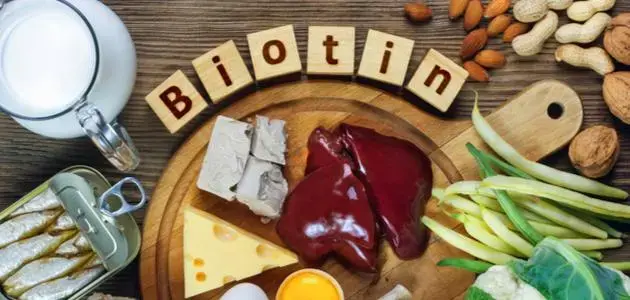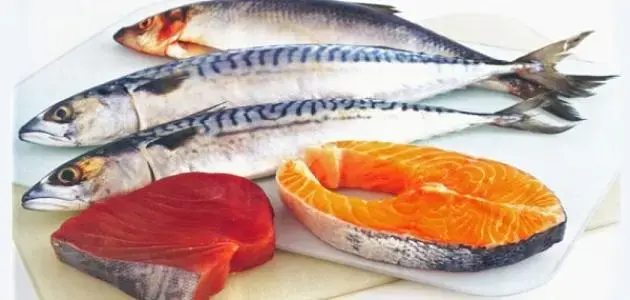Vitamins are essential nutrients found in the foods we eat, playing key roles in different parts of the body. They’re crucial for keeping us healthy. There are two main types: fat-soluble vitamins, which get stored in the liver so you don’t need to take them every day, and water-soluble vitamins, which the body doesn’t store and flushes out through urine. Because of that, you need to get water-soluble vitamins every day. Also, water-soluble vitamins can break down easily during food storage or cooking, so it’s best to follow proper storage and preparation methods to avoid losing them.
Water-Soluble Vitamins and Their Benefits
Water-soluble vitamins include the B vitamins and vitamin C. Here’s a quick rundown:
- Vitamin B1 (Thiamin): Helps turn food into energy, boosts appetite, and supports nerve function. Found in broccoli, liver, oranges, eggs, and asparagus.
- Vitamin B2 (Riboflavin): Keeps amino acid levels balanced, helps convert tryptophan to niacin, and is involved in energy production and cell function. Sources include liver, eggs, green veggies, milk, legumes, and fortified grains.
- Vitamin B3 (Niacin): Important for energy production, enzyme function, appetite, and healthy skin and nerves. Found in liver, fish, poultry, meat, peanuts, and whole grains.
- Vitamin B5 (Pantothenic Acid): Supports energy production, hormone formation, and metabolism of fats, proteins, and carbs. You can get it from liver, kidneys, meat, egg yolks, whole grains, and legumes.
- Vitamin B7 (Biotin): Helps break down fats, proteins, and carbs for energy. Found in liver, kidneys, egg yolks, milk, grains, and fresh veggies.
- Folic Acid: Aids protein metabolism, helps make red blood cells, lowers risk of neural tube defects, and supports heart health by managing homocysteine levels. Found in liver, kidneys, dark leafy greens, meat, fish, and whole grains.
- Vitamin C (Ascorbic Acid): Helps keep cells together by making collagen, aids wound healing, bone and teeth formation, strengthens blood vessels and the immune system, boosts iron absorption, and acts as an antioxidant. You’ll find it in citrus fruits, kiwi, and red bell peppers.
- Vitamin B6 (Pyridoxine): Important for metabolism, growth, cell building, hemoglobin production, and brain development in kids. Found in meat, whole grains, legumes, and nuts.
- Vitamin B12: Helps make red blood cells and keeps the nervous system healthy. It’s only in animal foods like meat, liver, shellfish, eggs, milk, and dairy products. Unlike other water-soluble vitamins, it can be stored in the liver for years.
Fat-Soluble Vitamins and Their Benefits
Here are the fat-soluble vitamins and why they matter:
- Vitamin D: Boosts calcium absorption in the intestines, helps build and maintain bones, supports immunity, and controls cell growth. Kids especially need enough for strong bones and teeth. Found in fortified milk, fatty fish like salmon and sardines, and your skin makes it when you get 10-15 minutes of sun twice a week.
- Vitamin E: Acts as an antioxidant protecting vitamins A and C, red blood cells, and essential fats from damage. A diet rich in antioxidants is linked to lower risks of heart disease, cancer, and other illnesses. Sources include vegetable oils (soybean, corn, sunflower), veggies, fruits, grains, almonds, hazelnuts, and sunflower seeds.
- Vitamin A: Important for immunity, reproduction, vision, cell communication, and growth. It’s part of rhodopsin, a protein in your retina that helps you see in low light. It also supports healthy heart, lungs, kidneys, and other organs. Most is stored in the liver. Found in animal products like dairy, fish, meat (especially liver), fish oil, eggs, plus plant sources like leafy greens, carrots, broccoli, and fortified grains.
- Vitamin K: Helps with bone metabolism and controls blood calcium levels. It’s needed for producing prothrombin, a protein essential for blood clotting. People on blood thinners like warfarin should be careful about vitamin K intake and consult their doctor. Newborns usually get a vitamin K shot to prevent brain bleeding. Found in green leafy veggies like spinach, vegetable oils, and some fruits.
Daily Vitamin Needs
Here’s a quick look at the daily vitamin needs for men and women (not including pregnant or breastfeeding women):
| Vitamin | Women | Men |
|---|---|---|
| A | 700 mcg | 900 mcg |
| B1 | 1.1 mg | 1.2 mg |
| B2 | 1.1 mg | 1.3 mg |
| B3 | 14 mg | 16 mg |
| B5 | 5 mg | 5 mg |
| B6 | 1.3 mg (19-50), 1.5 mg (50+) | 1.3 mg (19-50), 1.7 mg (50+) |
| B7 | 30 mcg | 30 mcg |
| B9 (Folic Acid) | 400 mcg | 400 mcg |
| B12 | 2.4 mcg | 2.4 mcg |
| C | 75 mg | 90 mg |
| D | 600 IU (19-70), 800 IU (71+) | 600 IU (19-70), 800 IU (71+) |
| E | 22.5 IU | 22.5 IU |
| K | 90 mcg | 120 mcg |
Leave a comment
Your email address will not be published. Required fields are marked *















-150x150.webp)
